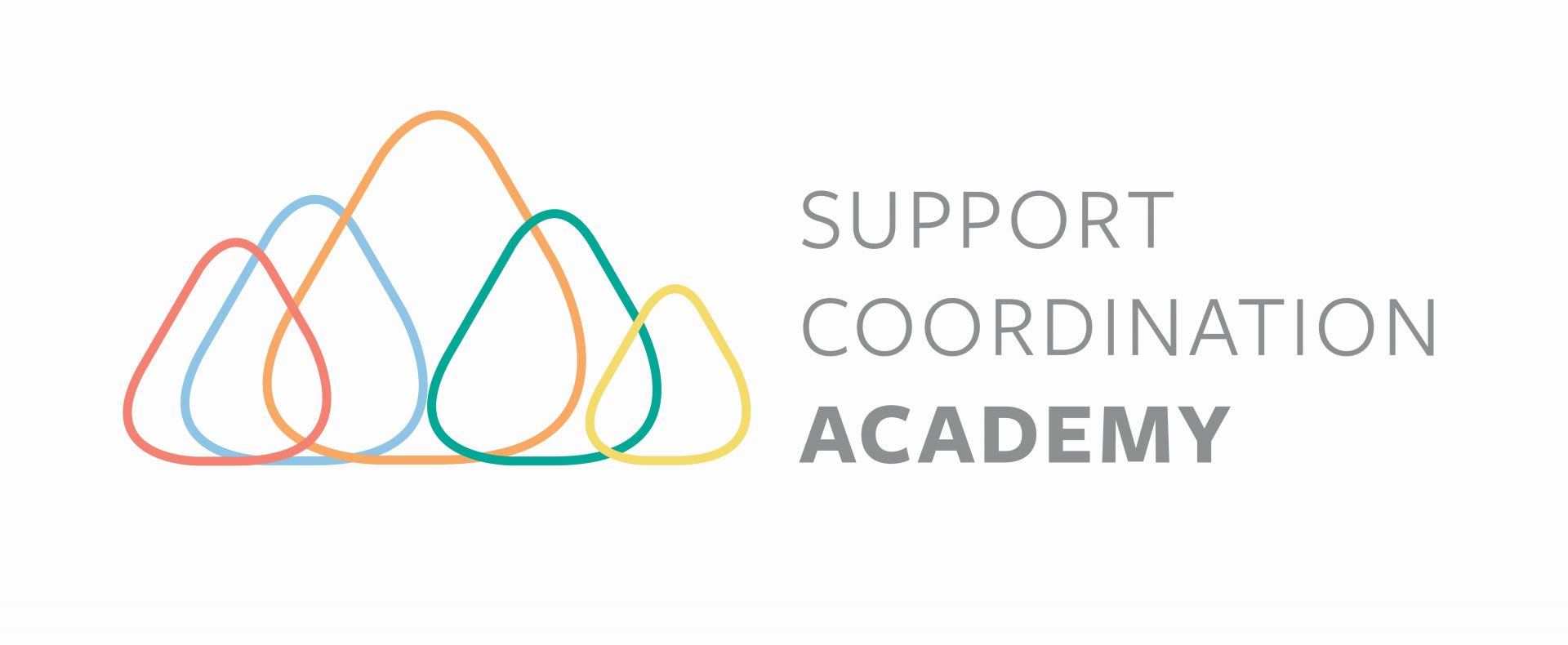Become a Pro at NDIS Progress Reports with a Support Coordination Course
Sep 27
/
Tim McNamara
Filling out the Support Coordinator Progress Report: Tips and Best Practices
If you've ever found yourself staring at the screen, wondering how to write an NDIS progress report that not only meets the guidelines but also genuinely helps Participants, then you're in the right place.
This article is your introduction to how our online Support Coordination Courses can help elevate your skillset.
Every good Support Coordinator understands the role of NDIS reports. But what separates the good from the great?
Support Coordination Training Online
Whether you're a beginner looking to understand the basics or a seasoned professional aiming to deepen your expertise, we've got you covered.
Support Coordination Course Bundles to Elevate Your Skills
What’s Included in Our Courses?
From instructional videos to self-assessments, our courses are designed to equip you with the skills to create reports that not only meet but exceed the expectations of all stakeholders.
This article is your introduction to how our online Support Coordination Courses can help elevate your skillset.
Every good Support Coordinator understands the role of NDIS reports. But what separates the good from the great?
Support Coordination Training Online
Whether you're a beginner looking to understand the basics or a seasoned professional aiming to deepen your expertise, we've got you covered.
Support Coordination Course Bundles to Elevate Your Skills
- Entry-Level NDIS Support Coordinator Training: Perfect for newcomers, it includes 4 half-day online Workshops.
- NDIS Support Coordinator Training & Professional Coaching: Ideal for those needing flexibility. Includes 4 pre-recorded Workshop sessions and 2 Professional Coaching sessions.
- Professional Business Coaching: Designed for experienced Support Coordinators aiming to elevate their skills and professional practice.
What’s Included in Our Courses?
From instructional videos to self-assessments, our courses are designed to equip you with the skills to create reports that not only meet but exceed the expectations of all stakeholders.
Overcoming Challenges in Report Writing
Entry-Level NDIS Support Coordinator Training
For those wanting to participate in an interactive and supportive environment to learn how to become a professional Support Coordinator. Our entry-level training is the best place to start. Here's what you can expect:
Workshop Highlights
Deep Dive into NDIS Reporting Through Workshops 3 and 4
Creating a comprehensive and insightful NDIS Progress Report requires expertise, empathy, and an intricate understanding of a participant's unique needs.
Workshops 3 and 4 of our Support Coordination training are designed to hone these skills, propelling your reporting capabilities to professional heights.
WORKSHOP 3: Planning and Identifying Priorities
This workshop equips you with the skills to develop personalised, effective plans for participants, which serves as the backbone of any NDIS Progress Report.
Take the next step in your career and become a pro at NDIS Progress Reports with our Support Coordination Courses.
For those wanting to participate in an interactive and supportive environment to learn how to become a professional Support Coordinator. Our entry-level training is the best place to start. Here's what you can expect:
- 4 Half-Day Online Workshops: These are not your run-of-the-mill, snooze-fest lectures. These are interactive, hands-on sessions, scheduled for the 13th, 16th, 20th, and 23rd of November.
- Resources and Handouts: Each of these is designed to supplement the workshops and give you a well-rounded understanding of the NDIS landscape.
- Self-Assessment Tools: Because knowing is half the battle, right? These self-assessments are your roadmap to understanding where you stand and where you need to go next.
Workshop Highlights
- Support Coordination and the NDIS: Get an overview of the NDIS, including key criteria and how to calculate billable hours.
- Support Coordination Pathway: Learn about building networks, community participation, and capacity building.
- Planning and Identifying Priorities: This is where you'll learn to convert those big dreams into achievable, mapped-out goals.
- Link, Coach, Refine, and Review: The last leg of your training journey focuses on conflict of interest, safeguarding roles, and—drumroll, please—reporting and reassessments.
Deep Dive into NDIS Reporting Through Workshops 3 and 4
Creating a comprehensive and insightful NDIS Progress Report requires expertise, empathy, and an intricate understanding of a participant's unique needs.
Workshops 3 and 4 of our Support Coordination training are designed to hone these skills, propelling your reporting capabilities to professional heights.
WORKSHOP 3: Planning and Identifying Priorities
This workshop equips you with the skills to develop personalised, effective plans for participants, which serves as the backbone of any NDIS Progress Report.
- Person-Centred Planning: Person-Centred Planning empowers you to focus on the individual needs and goals of participants. This approach is crucial for NDIS reporting as it ensures the participant's voice is heard and respected throughout their journey.
- Capacity Building Opportunities: Understanding how to identify and leverage capacity-building opportunities can make your reports a tool for empowerment. You'll learn how to outline these opportunities in your reports, making them more than just a checklist of tasks but a roadmap for future development.
- Reviewing and Setting Goals: This part of the workshop teaches you how to review and set SMART goals, which can then be clearly articulated in your progress reports. Your report becomes a living document that evolves with the participant's journey, highlighting achievements and setbacks alike.
- Plan Management Options and Budget Flexibility: This workshop guides you through different plan management options and budgeting techniques, knowledge you can apply directly to the Financial Summary section of your NDIS report.
- Action Plan and Progress Reports: You'll learn to develop concise yet comprehensive action plans that can be included in the NDIS Progress Reports. These plans will serve as a quick reference guide for participants, their families, and other stakeholders, streamlining the review and decision-making processes.
WORKSHOP 4: Link, Coach, Refine and Review
This workshop dives into the ethical and practical aspects of Support Coordination, which are crucial for creating comprehensive and ethical reports.
- Conflict of Interest and Safeguarding Role: This workshop educates you on identifying and mitigating conflicts of interest, ensuring that your reports stand up to ethical scrutiny.
- Reasonable and Necessary Criteria: You'll learn how to delineate between what is 'reasonable' and what is 'necessary,' providing you with the skills to write balanced and justified reports.
- Mainstream Interface and the NDIS: This workshop also prepares you to integrate broader services and community supports into your reports, offering a more holistic view of a participant's life and support needs. It enhances your capability to write reports that serve as comprehensive guides to a participant's support ecosystem.
- Crisis Management: This part of the workshop teaches you how to plan and manage crisis situations, skills that are vital for drafting the Risk Management and Crisis Intervention sections of your NDIS reports.
- Reviews, Reports, and Reassessments: The ultimate goal is to create reports that are not just documents but tools for ongoing support and reassessment. This workshop concludes by teaching you how to write reports that facilitate easier reviews and enable timely reassessments.
By the end of these workshops, you'll not only have a toolbox of skills to improve your support coordination but also the specific expertise to create NDIS Progress Reports that are both comprehensive and accurate.
Next Steps for Support Coordinators
- Act Now: Enrol in our online NDIS Support Coordinator Training to elevate your skills in report writing.
- Stay Informed: Keep an eye on our blog for the latest tips and updates.
- Upgrade Your Tech Game: Invest in support coordination software to ensure you can easily evidence how a participant has been supported and to make the reporting process more efficient and accurate.
- Build Strong Networks: Establish a strong network with service providers, community organisations, and other stakeholders.
- Adopt a Rounded Approach: Remember that you're not just filling out a form; you're actively participating in shaping someone's life journey.
Take the next step in your career and become a pro at NDIS Progress Reports with our Support Coordination Courses.


